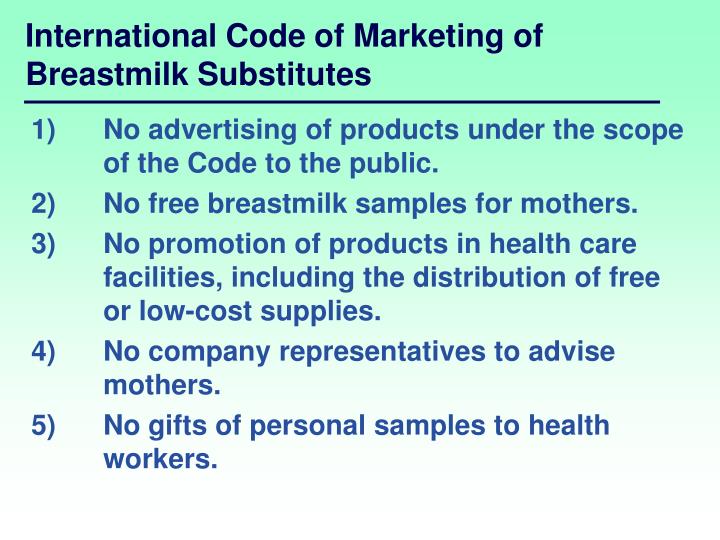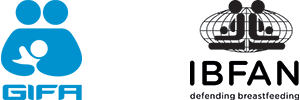
Resumed online 73rd World Health Assembly 9-14th November 2020
Breastfeeding should be valued and protected worldwide. This is the purpose of the International Code of Marketing of breastmilk substitutes.
A new draft Decision to be debated at this week’s resumed 73rd World Health Assembly – proposes that the biennial reporting of the marketing of baby formulas and foods – embedded in the Code since its adoption in 1981(1) – should end in 2030. (2) This is despite clear evidence that harmful commercial promotion – especially in countries without effective laws – continues to mislead parents and threaten and infant and young child survival and health.
The International Baby Food Action Network (IBFAN) believes that such reporting, should only end when there is, for example, convincing evidence that countries have adopted effective legislation and monitoring and that harmful marketing has been eliminated.
Dr J. P Dadhich, of the Breastfeeding Promotion Network of India and the Co-Chair of IBFAN’s Global Council says: “Harmful marketing will not stop until every country has strong laws that are independently monitored and enforced. There are many important issues on WHO’s agenda, but this attempt to sunset of one of WHO most effective and essential safeguards is unacceptable. If WHO is going to sunset its decisions, then please start with ones that are doing little or nothing to protect health. ”
The long-standing biennial review process of the International Code is used by Member States to share concerns adopt Resolutions that clarify, strengthen and update the original Code of 1981. This was the first global consumer protection code of its kind. The fact that about 20 such Resolutions have been adopted since 1981, shows that the International Code is important and explains why baby food companies have always wanted it taken off WHO’s agenda.
The latest joint WHO/UNICEF/IBFAN global report as of 2020 shows that 136 (70%) of the 194 countries analysed have some form of legal measure related to the International Code – with 44 countries strengthening their regulations on marketing over the past two years. However, under pressure from industry and trade bodies to weaken safeguards, far too many of these laws contain dangerous loopholes or rely on the voluntary cooperation of the companies. (3)
Notes:
(1) A73/4 Add.2
15. Review of and update on matters considered by the Executive Board
15.2 Maternal, infant and young child nutrition, Documents A73/4 and EB146/2020/REC/1, decision EB146(20)
WHO reform: governance, EB146(21) The Executive Board, requested the Director-General:to consider that (a) with respect to each resolution and decision that is six or more years old and has an unspecified reporting requirement:
International Code has a clear specific reporting back requirement. Article 11.7 of the Code states: “The Director-General shall report in even years to the World Health Assembly on the status of implementation of the Code; and shall, on request, provide technical support to Member States preparing national legislation or regulations, or taking other appropriate measures in implementation and furtherance of the principles and aim of this Code
(2). Briefing MS 201020. A73_4Add2-en
(3) Status Report of the implementation of the International Code, 2020 https://www.who.int/publications/i/item/9789240006010
Contact:
For more information on this topic, please contact
- Patti Rundall, IBFAN UK, IBFAN Global Council prundall@babymilkaction.org +447786523493
- Dr J P Dadhich, IBFAN India, C0-Chair of IBFAN’s Global Council. jpdadhich@gmail.com
- Dr Marina Rea, IBFAN Brazil/IBFAN Global Council: marifrea@usp.br
- Nomajoni Ntombela, IBFAN Africa, Co-Chair IBFAN Global Council, jonanantombela@gmail.com
- Dr Marcos Arana, IBFAN Mexico, IBFAN Global Council. observatoriosalud@gmail.com
